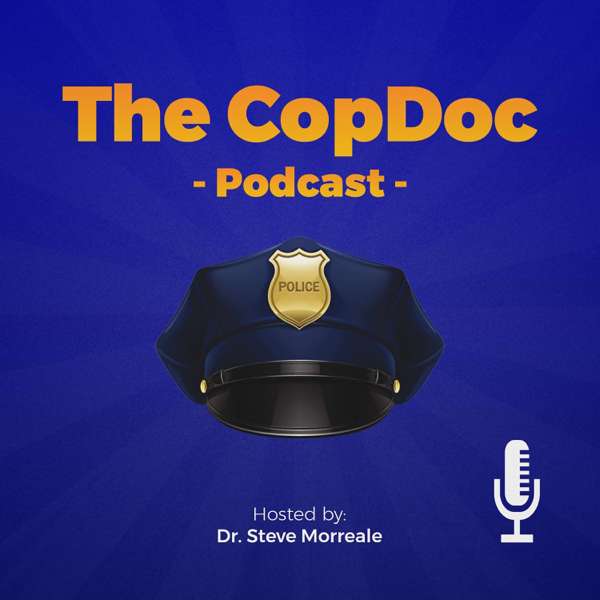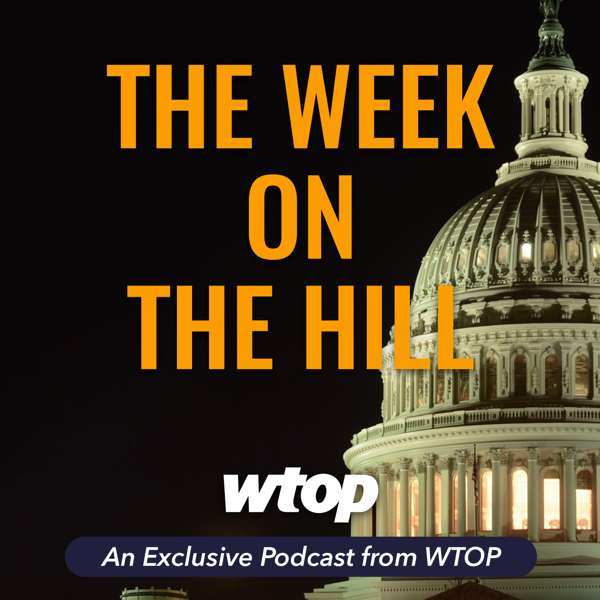Economics is essentially the science of human nature as it manifests through our innate desire to create and capture value. Even in the most intricate economic structures, at their core, you'll find individuals making decisions to maximize what they value, based on their perceptions of the facts and options available to them.
Traditionally, economics has sought to simplify this complexity by assuming that businesses strive to maximize their profits and individuals aim for what's best for themselves, armed with complete knowledge of all relevant facts and options. This framework creates neat scenarios where rational decisions lead to optimal outcomes. While this has significantly contributed to our understanding of economic behaviors, it often fails to explain why some decisions seem irrational and result in detrimental outcomes.
Behavioral Economics fills this void by focusing on the individual. It challenges the assumptions of traditional economics, which believes everyone in the economy is rational and selfish, as Richard Thaler, a Nobel laureate for his work on Behavioral Economics, puts it. His goal for this field is to assist people in making the choices they would have made if they had paid full attention and had complete information, unlimited cognitive abilities, and absolute self-control.
From my perspective, this translates into making economics consider two main factors. First, the limitations around information—understanding how much a person can genuinely gather and process. And second, the unique individual factors such as psychological, cognitive, emotional, cultural, and social influences which can shape what people value, sway their perceptions, and occasionally create a disconnect between their perceptions and reality.
Perhaps the most pertinent concept for policy-making is the idea of a "nudge". This concept focuses on presenting choices in such a way that aids individuals in making better-informed decisions that align with their values. By implementing nudges effectively, policies can safeguard personal freedoms while guiding individuals towards choices that generate the most beneficial outcomes for all. Importantly, this approach enables the government to act without infringing on its ideal role of aiding economic individuals in acting on their incentives. However, as Richard Thaler of UChicago suggests, "If you want people to do something, make it easy."
Yet, it's crucial to navigate this process with integrity and precision. We must be mindful not to employ nudges as manipulative tools, by being opaque about our intentions or making it challenging to opt for anything other than the default. Additionally, nudges may not be appropriate where there isn't a widely agreed-upon best choice or where a strict mandate should be enforced.
A key takeaway is that even a meticulously crafted policy can falter if its communication fails to align with individuals' perceptions. Consequently, people might resort to workaround methods that counteract the policy's intentions, as they strive to maximize their value.

 Our TOPPODCAST Picks
Our TOPPODCAST Picks  Stay Connected
Stay Connected







